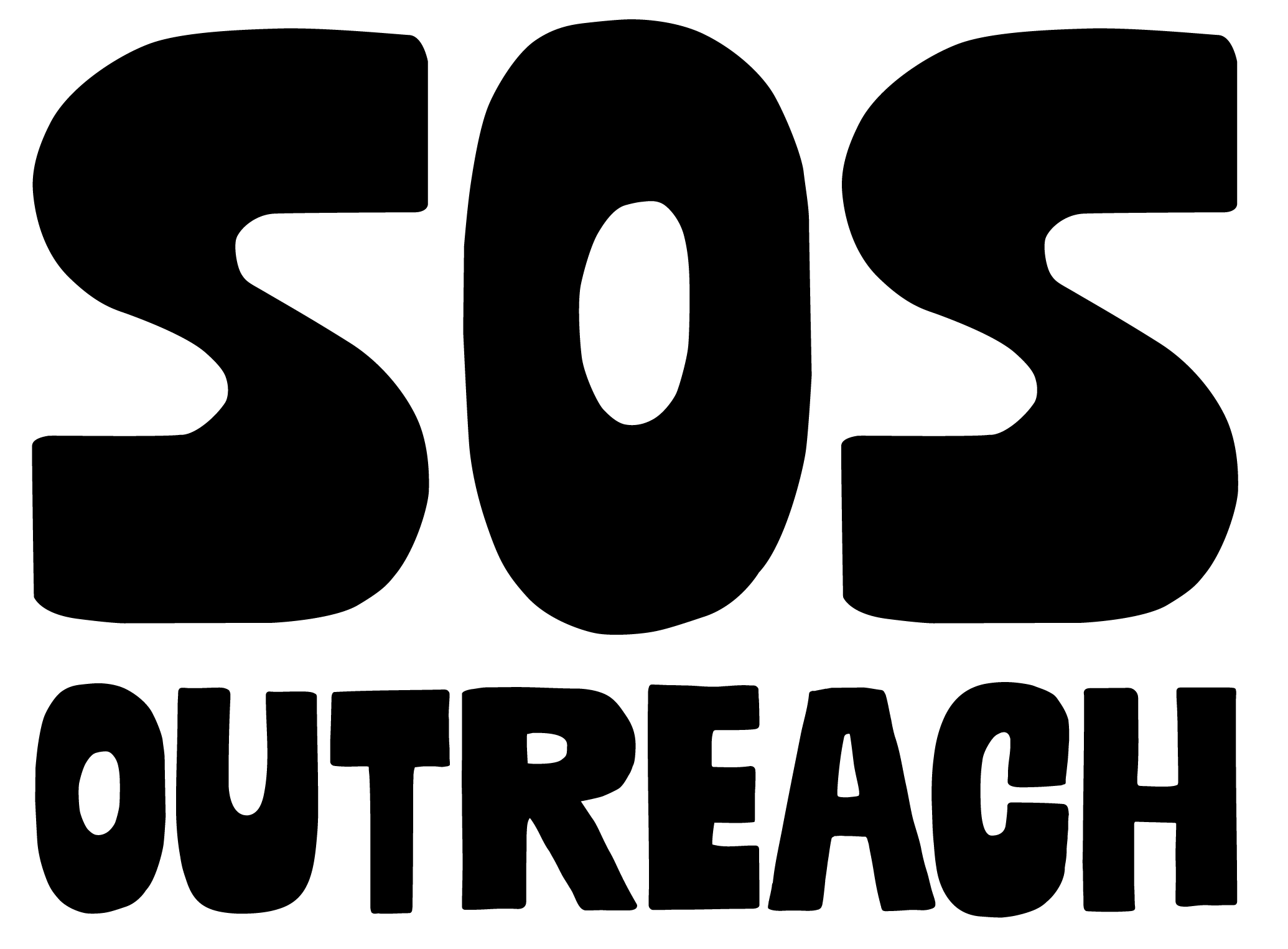Five days of snowboarding with value-based learning
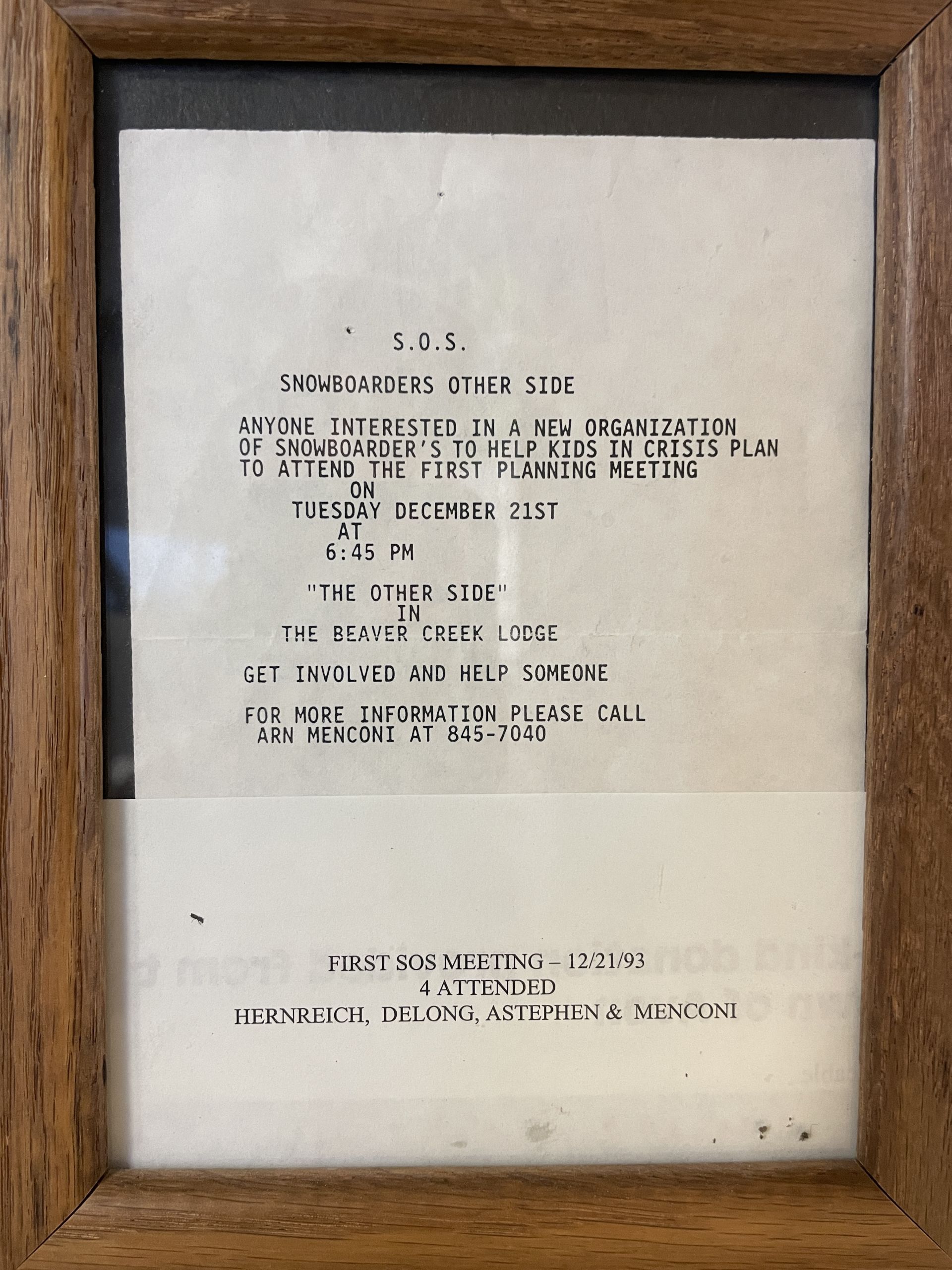
Thirty years ago, the sport of snowboarding was not nearly as popular as it is today, in fact, there was a lot of skepticism around it within the ski industry. In Vail, newspapers were urging the community to “outlaw snowboarders” and skiers did not want to share the mountain. Arn Menconi, a 33-year-old snowboard instructor at Vail Mountain, could not believe the amount of attention the skiing vs. snowboarding debate was getting when there were real issues the community was facing; he then set out on a mission to change the perception of snowboarding while also giving back.
On December 21, 1993, Menconi hosted a meeting at Beaver Creek Lodge inviting snowboarders he thought would want to get involved. One critical advocate was the founder of Vail’s snowboard school, Ray Sforzo, who was able to support with necessary resources from the resort. Menconi began by giving lessons to community leaders to help spread awareness and organizing halfpipe competitions to raise money for charities. Through these events, the snowboarders felt empowered to be giving back, teachers reached out about bringing their students to learn the sport, and journalists were starting to change their minds about what type of culture of snowboarding. With a combination of passion, mentorship, and resources from Vail Resorts, Snowboard Outreach Society (SOS) was founded by Menconi and Sforzo.
“People viewed snowboarders as rebels who sought to wreak havoc on the mountain,” said Sforzo, “but that wasn’t the case at all. Initially, we just wanted the public to realize that we like riding just like everyone else, but once SOS got going, it really gave us and our riding a much deeper sense of purpose.”
After hosting a group of kids from an underserved community in Denver alongside an event, Menconi shared what an emotional experience it was. “I can still remember like it was yesterday…” said Menconi. “When you send these kids back to Denver after one day, you realize it’s not okay, it’s not authentic. I was crying in Lionshead and was like I can’t do this, I am not turning someone on to something and then patting myself on the back. It’s not one and done, we need more time with these kids.”
Realizing that one day was not enough to make an impact and that the learning curve of snowboarding was usually five days, the next step was pursuing grants that would help grow the organization and allow them to work with more youth for a longer duration. While Vail Resorts donated lift tickets, rentals, and instruction, and industry partners provided additional gear, funding was necessary to run an organization, dial in the components of our program, hire additional staff, and scale to serve additional communities. While the initial vision was not to create a nonprofit, there was a clear demand for a youth development nonprofit focused on snowboarding.
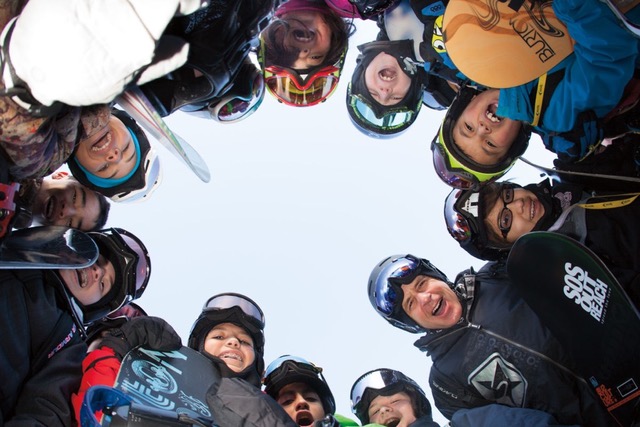
The organization established its core values to be the foundation of its programming based on five common character traits of leaders. Kids would learn the definition of the word of the day in the Circle of Love and then it would be reinforced on the mountain. At the end of the day, kids and adults would share how they experienced that value and how it might apply off the mountain. The Circle of Love was putting adults and kids together on equal footing to reflect, giving everyone the chance to be seen and heard. The focus was no longer on the sport, it was on changing lives.
- Courage: It takes courage and bravery to get out of your comfort zone and try something new. This was an important lesson to instill on day one because everyone was feeling frustrated.
- Discipline: Discipline is about sticking with something and believing in yourself even when it’s hard. On day two kids were starting to find the balance, discipline kept them motivated to continue.
- Integrity – It’s about being honest, having strong moral principles, doing the right thing, and telling the truth. At this point, most were learning to link their turns, and by showing up they were speaking their truth.
- Wisdom– By day four, kids are feeling more confident and using the knowledge they’ve acquired both on snow and in the circle of love to keep going.
- Compassion– The fifth ride day was about building community on the theme of compassion, how to suffer with others, and having a desire to help others.
Meg Pitman, an SOS Program Director during this time shared, “I will never forget hosting my first group of kids from Chicago at Beaver Creek for a week…by the end of it, I was hooked. I witnessed the group dynamics and saw the kids that were acting tough, but once we got in our Circle of Love and went on a chairlift everything changed. Then, everyone was equal, equally scared to be trying something new for the first time. Right off the bat, there was a real emphasis on character development and empowering youth to experience themselves more broadly. I had never witnessed something like that happen so quickly and so intensely in such a short amount of time.”
Building character through a mentor-driven, progressive curriculum

Kids were eager to return after completing the Introductory program, so the organization adapted to meet their needs for continued support and development. While the growth and transformation happening for participants was evident, data was needed to prove it. Specialists in evidence-based curriculum and social-emotional learning, including a board member who was a Harvard Dean, were hired to develop a measurable framework and progressive curriculum that would keep kids growing each year, similar to school. This process developed the risk factors for the program pretest that would help SOS identify and focus on the kids with the greatest need for support. Post-tests would show the impact and inform the organization of changes that needed to be made. With an emphasis on social-emotional learning, the curriculum would teach self-regulation, communication, resilience, and teamwork through skill-building workshops.
Since the focus was not on mastering the sport and the Introductory program gave them the skills to feel confident on the mountain, ski instruction was not a part of the new multi-year mentor program. Year two participants were matched with a volunteer adult mentor and a group of 3-4 peers. Since the organization now was focused on youth development, it expanded its reach by offering skiing. While the organization had been widely known as SOS already, it was no longer Snowboard Outreach Society, in 2007 it became SOS Outreach.
Seth Ehrlich, current Executive Director and employee since 2006, shared, “What was happening on the mountain really opened our eyes up to what else was possible. We saw kids connecting so authentically with their mentors and with their peer groups, the shared activity was fostering connections and a sense of belonging. We then incorporated workshops and service learning into the curriculum to give youth another opportunity to practice their core values. They loved the additional time they were spending together but also saw that they had a role in changing their community for the better.”
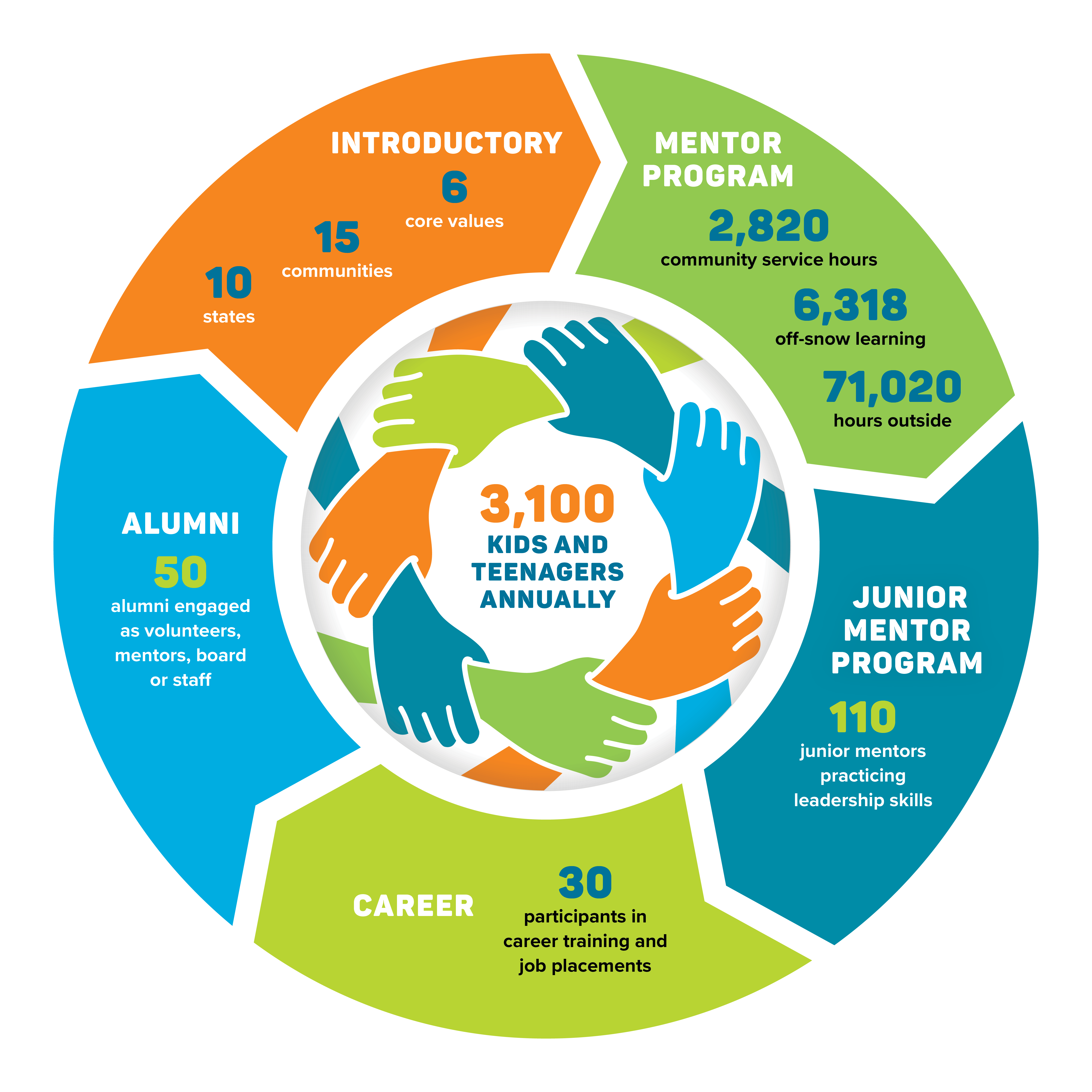
As youth began graduating year four of the mentor program, they sought reasons to come back. They were demonstrating that they had developed a sense of purpose and a sense of belonging by being a part of SOS and they did not want to lose that. Since the curriculum and core values were laying the foundation for leadership, the organization saw an opportunity for program graduates to demonstrate what they’d learn. And that’s when the Junior Mentor program was founded- the first of its kind in the industry. Graduates were now co-facilitating the curriculum to younger participants with an adult mentor.
One of those program graduates who wanted to come back was Gaby Hernandez. “Being a teen was a tough time for me but having support from mentors and peers is what got me through it,” said Hernandez. “All of us became really close friends, more like family. We went to the same schools and kept in touch throughout the year, it wasn’t like we were just part of the same program and learned how to snowboard together. We truly became friends and wanted to come back. It wasn’t about snowboarding at that point, we felt good doing community service and living by the core values. When we brought up staying involved, the response was ‘We’ll figure it out’ which was super cool.”

Demonstrating Leadership and Humility
When Junior Mentors graduated from both the program and high school, they had their core values memorized, were proficient on the mountain, developed skills to overcome challenges, understood community issues, and knew they would forever be a part of the SOS community. While all of this gave them reason to be proud, the organization wanted to teach one final lesson as a reminder that the SOS community was inclusive and equitable. In 2013, SOS added humility as its sixth core value. This was a reminder at graduation to be proud, but to stay grounded despite these accomplishments.
As the years went on and additional locations were being served, it became harder and harder to keep in touch with alumni. Graduates wanted to stay connected and were also still looking for mentorship opportunities. If SOS really was building a community, why should it stop after high school? In 2019, SOS secured a three-year, Americorps award and recruited its first program graduate into the role of alumni liaison to launch the program. This role was responsible for alumni communications, resource sharing, and events to foster a sense of community post-graduation. Having this established role in the organization also ensured that participants and graduates were constantly at the forefront of strategic decisions. Today, there are two alumni on the Board of Directors and 48 staying engaged in our program delivery as volunteers, mentors, or staff. Outside of that are numerous alumni who keep in touch and join for events as their schedule allows. Additionally, industry partners have stepped up to offer opportunities for mountain access for our alumni.
As SOS connected with alumni to hear about their journeys, it heard that many were feeling unprepared for the workforce or didn’t have the right connections to land the job that they wanted. What first began as informal introductions of graduates to industry partners, soon became an established Career Development program in 2020. The unique program was offered to participants and alumni, ages 15+, to participate in a two-week, paid career skills intensive before being placed in an apprenticeship in the outdoor industry. The goals of this program were to keep participants engaged throughout the summer, give them the confidence to land their first job and to show them different job opportunities in the outdoor industry.
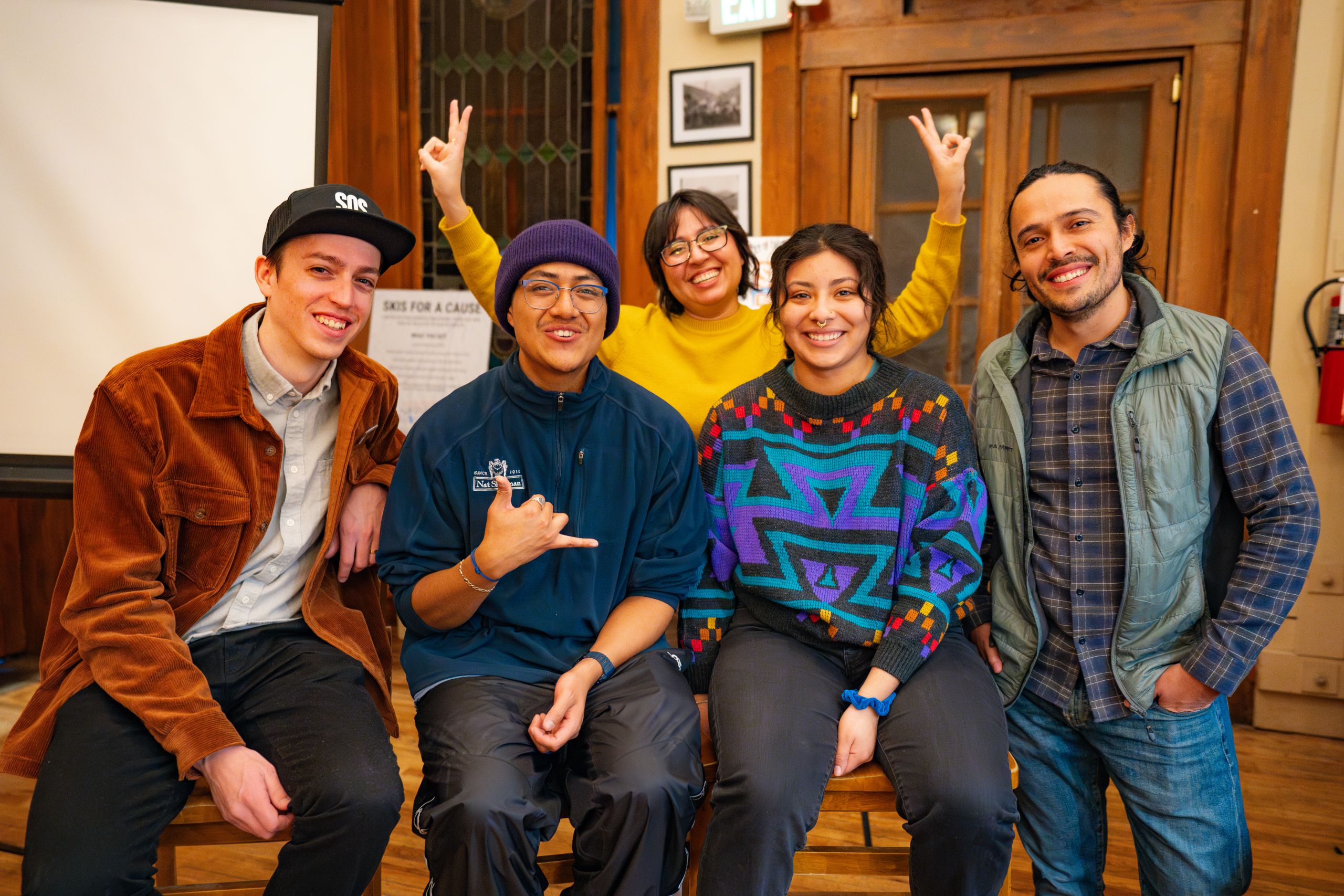
“A lot of our participants really connected with skiing and riding and it was clear that they had a passion for it,” says Ehrlich, “through the Career Development Program, we felt it was a great way to show our participants all the opportunities that exist for them, while also helping them gain experience and build a network in the industry.” The program was piloted with evo and just a few Denver-based participants. Now, the program has expanded to five communities and is partnering with outdoor companies like Smartwool, US Ski & Snowboard Team, Armada Skis, Vail Resorts, and others.”
As SOS Outreach celebrates all that it has accomplished over the past 30 years, it would not be here without all of the youth who had the courage to use their voice and ask, “What’s next?” Behind the scenes was always a team of staff, board of directors, volunteers, partners, and donors working collaboratively to ensure we were giving all youth the chance to thrive. Now engaging 3,000 youth annually across 15 communities and 10 states, the organization will continue to change young lives for 30 more years.
“Because of SOS, I developed a passion for snowboarding and pursued an opportunity in the Career Development Program to combine that passion with a profession,” said Vicente Flores, SOS alum. “I want to engineer snowboards and gear and if it weren’t for SOS, I would have never thought to combine my studies with my hobby. I am grateful to my mentor for giving me confidence to pursue opportunities like those that were outside of my comfort zone. My mentor helped me build courage without even realizing it. I was very shy and reserved but all of the activities we shared through SOS helped me be more courageous. Now as a mentor, I want my mentees to keep believing in themselves, if you don’t believe in yourself, it’s a little tough to get where you want to.”
